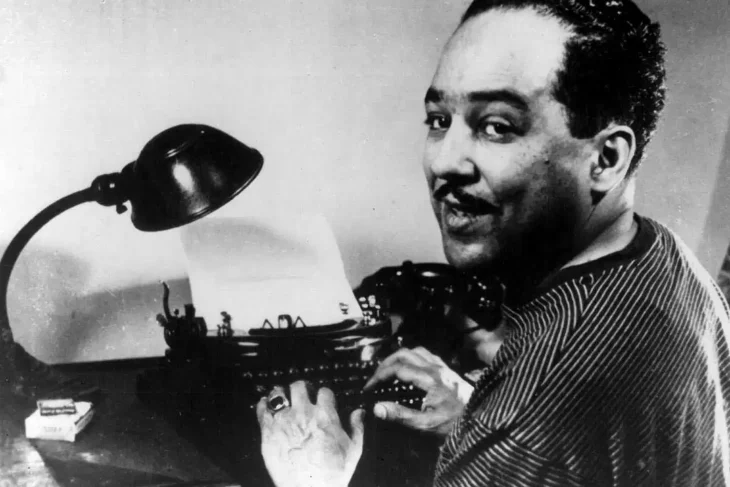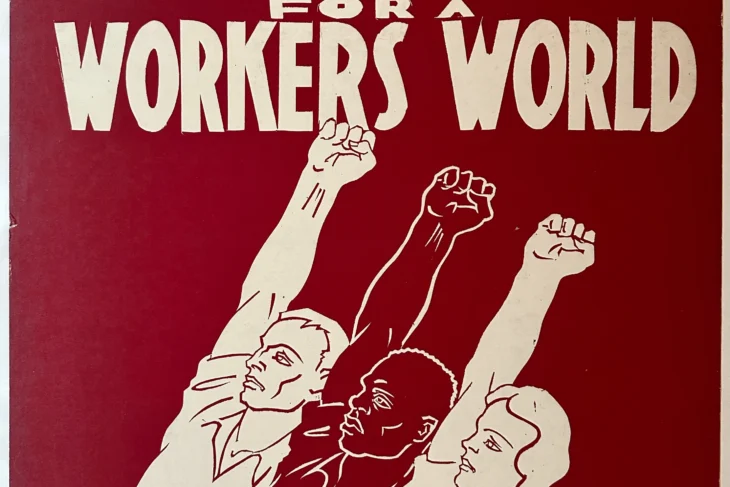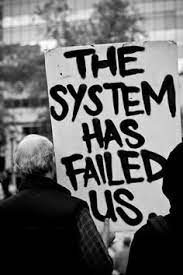
As I sat in the forum organised for Pan African Day at the University of the West Indies on the afternoon of Friday, May 26, and listened to Dr Bernard, Professor Rupert Lewis, Dr Shani Roper  and Earl Moxam speak about renowned journalist Peter Abrahams who was murdered in January, I was shaken by thoughts about the overall vulnerability of senior citizens in this island home of ours.
and Earl Moxam speak about renowned journalist Peter Abrahams who was murdered in January, I was shaken by thoughts about the overall vulnerability of senior citizens in this island home of ours.
We are living longer. Scientific advancement has contributed to improvement in medicine, improvement in better health facilities, improvement in the treatment of ailments. We tend to be health conscious and show this by exercising more, and eating more healthy. The average age of our citizens has increased. Longevity is more achievable. This is not just in Jamaica. It is a global phenomena.
Statistics
Data collected from the Statistical Institute of Jamaica indicate that “the proportion of people age 65 and over in Jamaica increased from 11.3 per cent in 2011 to 11.9 per cent in 2013 and is expected to be greater than 20 per cent by 2050.”
This corresponds with global trends, which show that:
- Population ageing is unprecedented, without parallel in human history — and the 21st century will witness even more rapid ageing than did the century just past.
- Population ageing is pervasive, a global phenomenon affecting every man, woman and child — but countries are at very different stages of the process, and the pace of change differs greatly. Countries that started the process later will have less time to adjust.
- Population ageing is enduring: we will not return to the young populations that our ancestors knew.
- Population ageing has profound implications for many facets of human life.
(Dr Andre Haughton, Gleaner June 24, 2015)
Advantages and Disadvantages of Ageing
One of the main advantages of an ageing population is the contribution that elders continue to make to the development of society. They are able to share the wisdom garnered over the years with young persons, in schools, in organizations such as NGOs that need help and are happy for the bonus of free labour.
They support the care economy through the grandparenting roles they play in the families. They care for the children, earn no pay and in many cases, provide financial support from their pensions.
There are the flip sides to these same points. Where elders have little or no pensions, they are sometimes regarded as burdens on the family. Only 22 per cent of the total number of people in Jamaica’s labour force made pension contributions in 2012. If there was a time that “de pickney will take care of me”, it certainly is not now. Children grow, have their own families, and have difficulty finding and holding financially viable jobs in these challenging economic times. They are sometimes just not able to help their parents in need.
The changing dynamics of families is also another moot point. It was Dr Eldermire Shearer who said:
“The increased education and workforce participation of females, will impact on the caregiving capacity of family units and their ability to support frail older persons, both physically and financially, even when they want to.”
The grandparenting roles are oftentimes very, very onerous. In many cases, the differentiation between parents and grandparents does not seem to exist. This leads to physical, emotional, social, and psychological abuse which negatively affects the elders providing the care, as well as the children left in their care.
Age brings illness. The possibility of lifestyle diseases such as diabetes and hypertension increase with age. Elders having none or inadequate health insurance become burdens on the system and on families. Recently made public is the extent to which government now has responsibility for the care of elders who have been abandoned at hospitals by their families. This is another charge on the tax payers.
Another point of extreme importance was pointed out by Dr Eldermire Shearer. She noted that:
“Gender considerations are important. While the sex ratio of the general population is equal, this is not so for the older population, as with age, there is increasing feminisation, and females outnumber males. Sixty per cent of persons over 80 are females, and 67 per cent of those over 90. Older females have been identified as being at greater risk for poverty and vulnerability, and so need special consideration. Older females also have more illnesses and disabilities” (Gleaner November 10, 2012)
We need to improve Treatment of our Aged
There is urgent need to revise our treatment of our ageing or aged citizens. It cannot be that because we live in a market-driven economy where profit is what matters, that our elders who have much to contribute, but who cannot compete in the way the market demands, are marginalized
Ageing populations will always be with us. They are citizens who also have rights to health care, safe homes and caring communities. There are challenges but we all have to help. After a person has given years of service to build our lovely island home, to build families, to provide leadership in communities, it is cruel to treat that individual with scorn, with callousness, ignoring their needs, and forgetting that they, too, are a part of God’s family. Too many of our elderly are being financially and physically abused, raped and murdered by persons who take advantage of their frailty and vulnerability.
On May 17, 2017, Ms Nettie Rowe, 88 years old, was sexually assaulted and stabbed to death in her home in St Ann.
On January 17, 2017, Peter Abrahams, 97 years old, was found dead in a pool of blood at his home in Red Hills. It was later determined that he succumbed to the trauma associated with blunt force.
On December 16, 2016, Ms Jocelyn Gomez, 71 years old, was chopped to death by a man of unsound mind while waiting to change her pension cheque.
On August 19, 2016, the body of 72-year-old Roy Williams was found in his house in St Thomas with his hands bound and mouth gagged.
Let us not forget the murder of Madame Rose Leon in August 1999, or the deaths of over 153 elderly women in the fire at Eventide Home in May 1980.
These are only a few examples of the impact of the extreme vulnerability of our ageing population. There have been many others. They are all tragic and heart-rending.
The Government has created a comfortable space at the Golden Age Home on Deanery Road that caters to persons who, in the main, have no pensions, or who have been abandoned by their families. This is good, but more needs to be done. Three or four other Golden Age homes are needed in other sections of the island to accommodate the many senior citizens in the rural areas, who are destitute.
They are challenged and disempowered by poverty, lack of access to social services, loss of family due to migration to urban areas. They need shelter, food and health care. In this environment where material and financial resources are scarce, the private sector which generously helps with the Kingston Golden Age Home, should be further engaged by the Government in discussions about extending this programme outside of Kingston.
Is it not time to plan for senior citizens’ villages to accommodate retirees who would willingly sell their big, empty, burdensome family homes and retire into smaller units with other retirees as their neighbours?
The National Council for Senior Citizens (NCSC), the Caribbean Community for Retired persons (CCRP), Help Age International and seniors’ clubs in many communities are effective older persons’ organizations that are playing important roles in advocating and supporting our elders. In their work they increase older persons’ level of the awareness of the resources that are available for them, the support provided by community groups and the income-earning opportunities to help themselves.
Love and appreciation of the contribution made by our elders need to be encouraged and made the focus of more national discussions. As difficult as it is, young people need to be challenged to realise the worth of elders.
Older people should be encouraged to engage in discussion that will increase public awareness of their lives, of their contributions, even of their plights. This will help to change perceptions that they are a burden and therefore easily dispensable. One way to do this is to involve well known elders, those who are less known, those who are poor and uneducated, in seminars, community discussions, corner shop talks. They have meaningful contributions and are best able to speak about the issues that affect them. Where this climate exists there will be love and respect not hurt, maim and kill.
Walk good, Ms Nettie, Mr Abrahams, Ms Gomex, and Mr Williams. May your souls find the rest that was abruptly taken from you on earth.
To those of us who are still here, let us do our best to protect ourselves from evil hands.
To the wider and younger society we urge you to harness your thoughts and energies to making a kinder and more meaningful contribution to the elderly. Joel Bitonio Authentic Jersey



